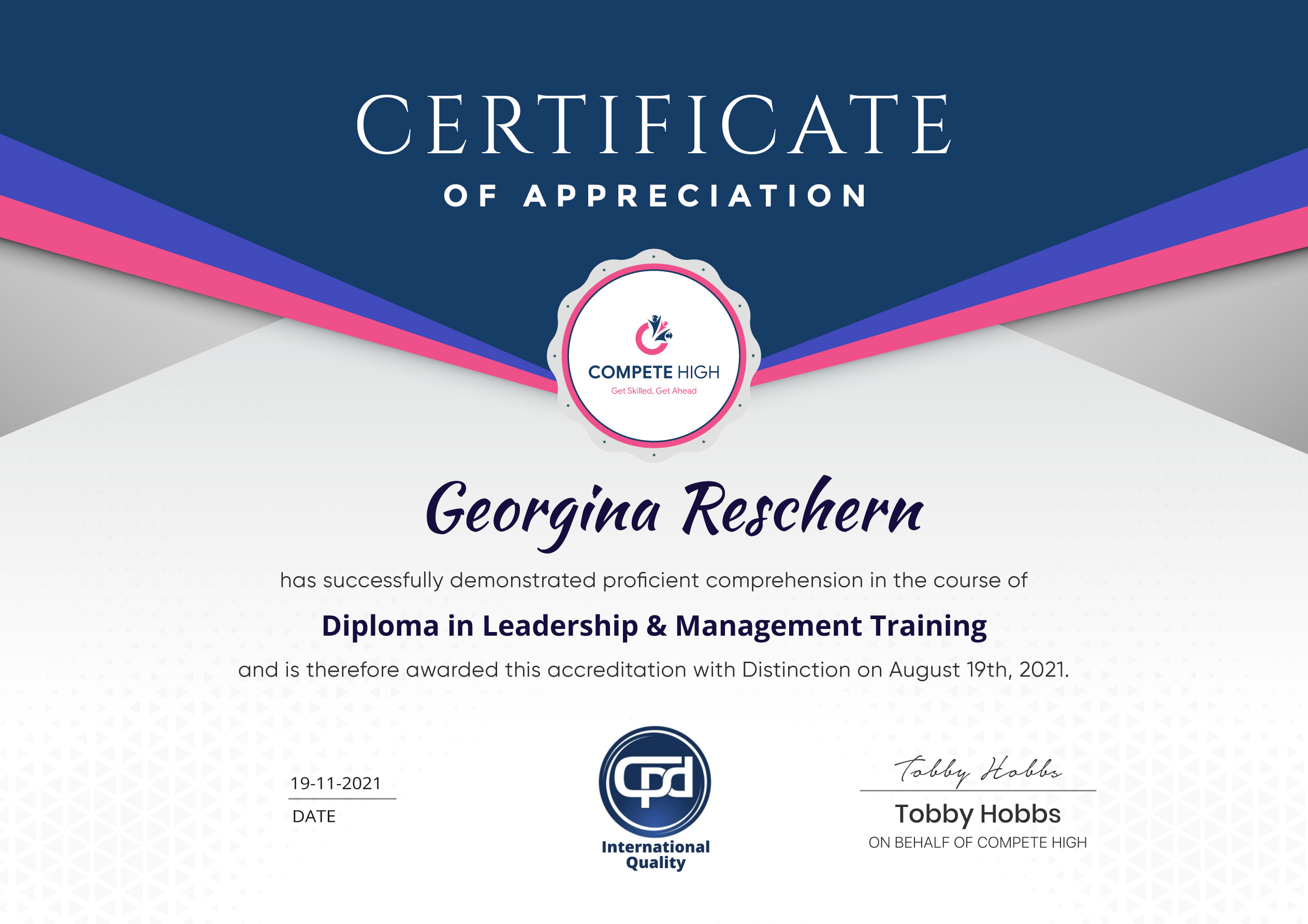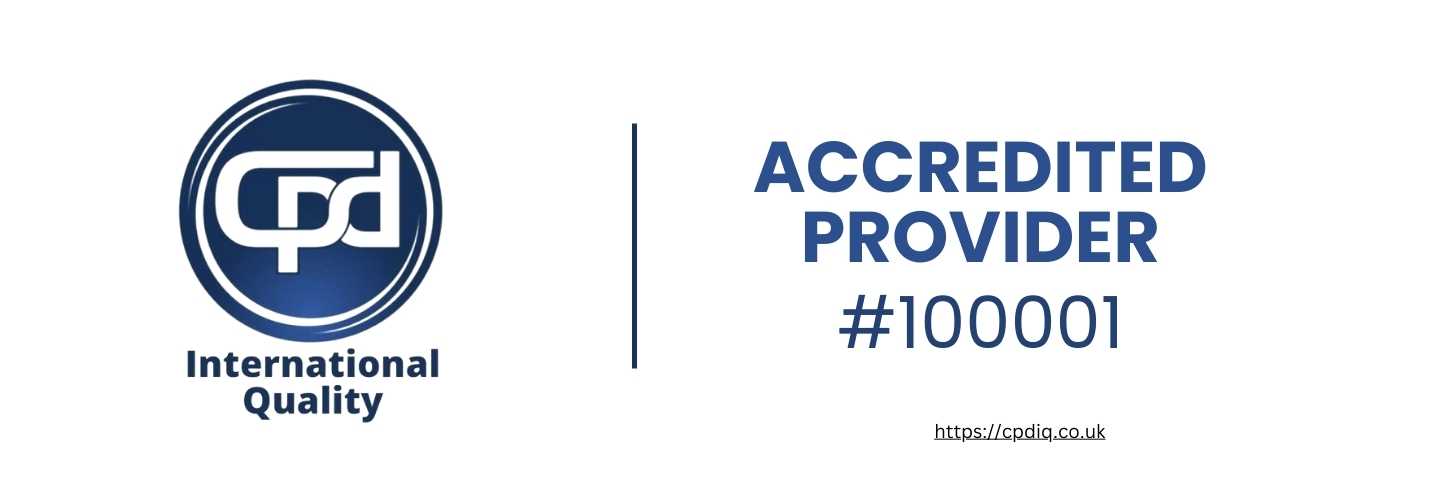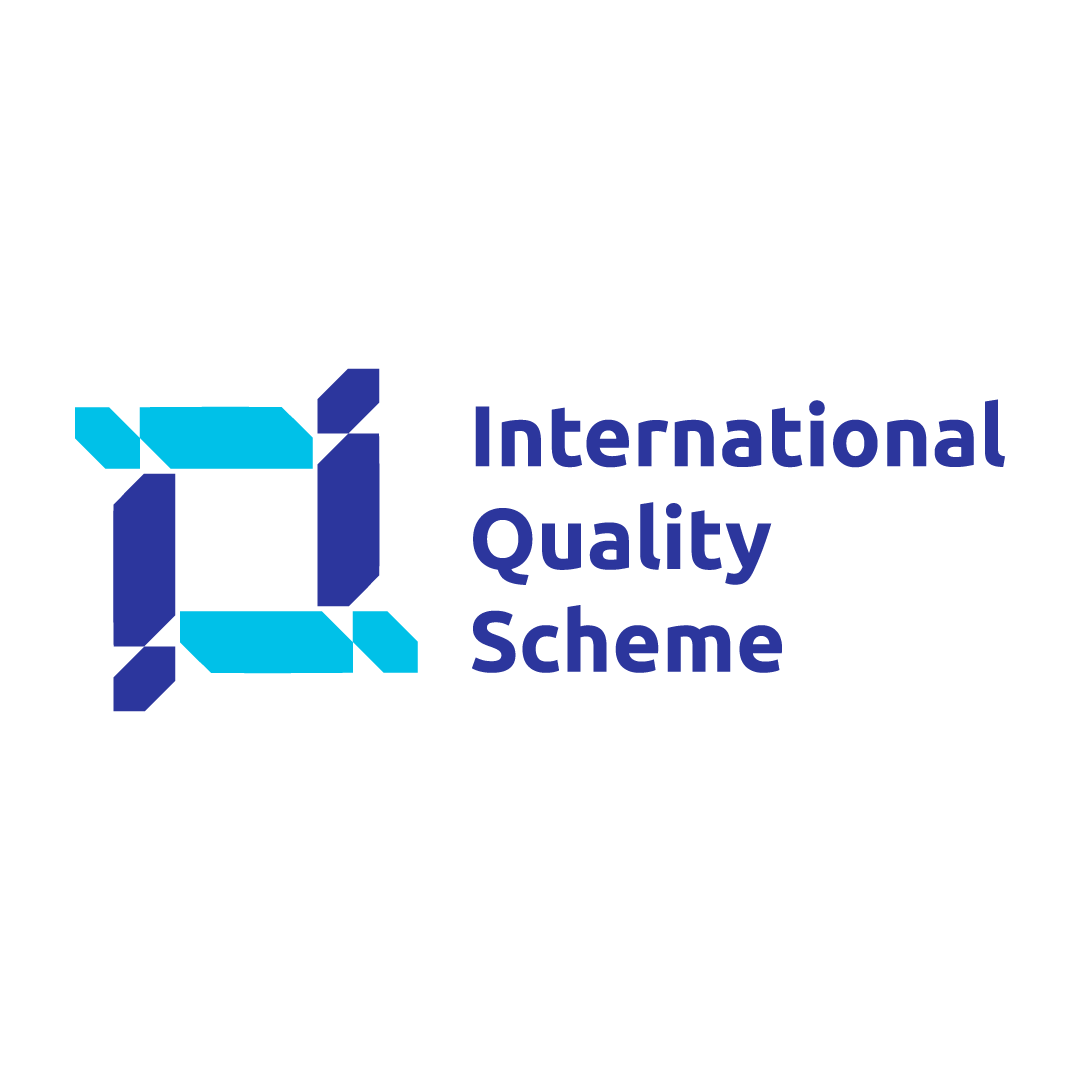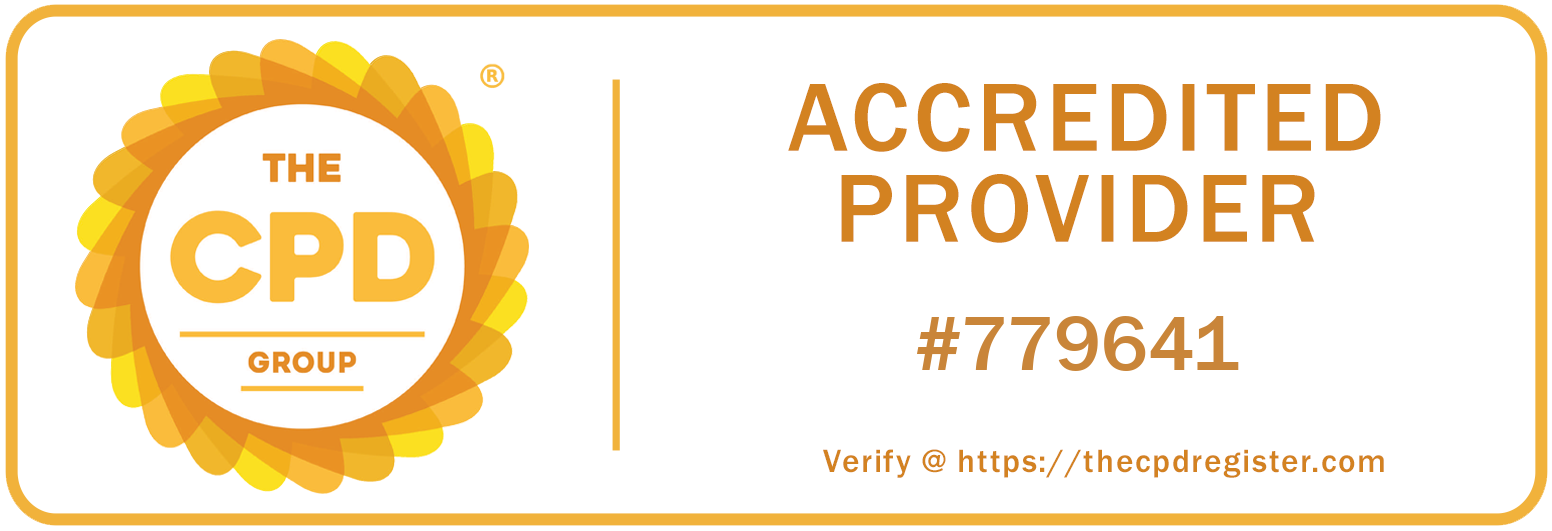Credit Control
NEW YEAR SPECIAL! 1500+ COURSES AT ONLY £59 FOR LIFE. FIND OUT MORE
Credit Control
🌟 Unlock the Secrets to Financial Success with Credit Control Course! 🌟
Are you ready to take control of your financial destiny? Look no further than our comprehensive Credit Control course! In today’s fast-paced world, managing credit effectively is not just a skill, it’s a necessity. Whether you’re an individual looking to secure your financial future or a professional aiming to excel in the dynamic realm of finance, this course is your ticket to success!
🚀 Why Credit Control Matters?
Credit control is the cornerstone of financial stability and success. It’s the art of managing credit wisely, ensuring that debts are paid on time, and minimizing the risk of bad debt. From individuals to businesses, mastering credit control is crucial for maintaining healthy cash flow, building a solid credit history, and achieving long-term financial goals.
In our Credit Control course, you’ll delve into essential strategies for effective credit management, including:
- Understanding the fundamentals of credit and debt
- Implementing credit policies and procedures
- Evaluating credit risk and making informed decisions
- Negotiating with creditors and debtors
- Utilizing credit management tools and software
- Developing strategies for debt recovery
With practical insights and real-world examples, you’ll gain the knowledge and skills needed to navigate the complexities of credit management with confidence and proficiency.
💼 Who is this for?
Our Credit Control course is designed for individuals and professionals alike who are eager to enhance their financial acumen and take charge of their financial future. Whether you’re a recent graduate entering the workforce, an entrepreneur managing your business finances, or a seasoned finance professional seeking to sharpen your skills, this course is for you!
- Individuals seeking to improve their personal finances and credit management skills
- Small business owners and entrepreneurs looking to optimize cash flow and minimize bad debt
- Finance professionals aiming to expand their expertise in credit control and risk management
- Anyone interested in pursuing a career in finance or related fields
No matter your background or experience level, our course offers valuable insights and practical strategies that will empower you to succeed in today’s competitive financial landscape.
🏆 Career Path
Embark on a rewarding career journey with the skills acquired through our Credit Control course. Whether you’re pursuing opportunities in finance, accounting, or business management, mastering credit control opens doors to a wide range of exciting career paths, including:
- Credit Analyst
- Collections Specialist
- Financial Controller
- Risk Manager
- Loan Officer
- Accountant
- Business Consultant
- Financial Advisor
By investing in your education and honing your credit management skills, you’ll position yourself as a valuable asset in any industry, poised for success and advancement.
Don’t let financial uncertainty hold you back. Enroll in our Credit Control course today and take the first step toward a brighter, more prosperous future! Unlock the secrets to financial success and pave the way for a lifetime of financial freedom and stability. 🌟
FAQ (Frequently Asked Questions) – Credit Control Course
Q1: What is Credit Control?
A: Credit control refers to the practices and procedures implemented by businesses to manage and monitor the credit extended to their customers. It involves assessing the creditworthiness of customers, setting credit limits, monitoring payments, and taking necessary actions to minimize credit risk and ensure timely payments.
Q2: Why is Credit Control important for businesses?
A: Effective credit control is crucial for maintaining healthy cash flow and minimizing the risk of bad debts. By implementing sound credit control practices, businesses can ensure that they have sufficient funds to meet their own financial obligations and invest in growth opportunities. It also helps in maintaining strong relationships with customers while protecting the business from potential losses due to non-payment or late payment.
Q3: What are the key components of Credit Control?
A: The key components of credit control include:
- Credit assessment: Evaluating the creditworthiness of customers before extending credit to them.
- Setting credit limits: Establishing the maximum amount of credit that can be extended to each customer based on their risk profile.
- Credit monitoring: Regularly monitoring the payment behavior of customers to identify any potential issues or risks.
- Debt collection: Taking appropriate actions to collect overdue payments from customers, including sending reminders, issuing invoices, and, if necessary, pursuing legal action.
- Reporting and analysis: Analyzing credit-related data and generating reports to assess the effectiveness of credit control strategies and identify areas for improvement.
Q4: What are the common challenges in Credit Control?
A: Some common challenges in credit control include:
- Balancing risk and reward: Striking the right balance between extending credit to attract customers and minimizing the risk of non-payment.
- Managing late payments: Dealing with customers who consistently pay late or fail to pay altogether.
- Keeping up with regulatory requirements: Staying compliant with relevant laws and regulations governing credit practices.
- Maintaining customer relationships: Ensuring that credit control measures do not strain relationships with customers while still enforcing payment terms.
- Adapting to changing circumstances: Adjusting credit control strategies in response to shifts in the economy, industry trends, or changes in customer behavior.
Q5: How can I improve my Credit Control skills?
A: Improving credit control skills requires a combination of knowledge, experience, and practical application. Consider enrolling in courses or training programs focused on credit management, staying updated on industry best practices and regulations, and seeking mentorship or guidance from experienced credit professionals. Additionally, actively engaging in credit control activities within your organization and learning from both successes and challenges can help enhance your skills over time.
Extra Included :
Accredited Certificate Available
Unlimited Access and Retakes
Free Enrollment Letter Included
CPD International Quality Accredited
Meets UK & EU legal requirements
Instant e-certificate and eligibility of ordering hardcopy
Developed by Industry Experts
Learn anytime from anywhere
Use any internet-connected device
24/7 Live Support
Discounts on bulk purchases
Certification
Perfect for showcasing your skills, boosting your career, and enhancing your professional profile.
Choose the format that works best for you:
-
PDF Certificate (£9.99) – Download instantly to add to your portfolio, résumé, LinkedIn, or share on social media.
-
Printed Hard Copy (£29.99) – A beautifully designed certificate delivered to your door, ready to proudly display in your office or home.
-
Both PDF & Printed Hard Copy (£31.99) – Get the best of both worlds!

Anyone that is looking to develop their skills in the subjects of the course or improve their professional outcomes are welcome to take these courses.
Our courses are assured and accredited by several organisations including CPD IQ, IOAS, CPD Group, and more. All of our courses are CPD accredited.
You are eligible for a course certificate upon completion. In some cases, you will need to purchase the certificate. In the purchase details, you will need to include the course details. Or you could also go to this link and submit your details after purchase.
There are all kinds of contents you can find on our site. This includes PDF files, videos, and extra materials. Also, most courses come with assessments that you will need to complete.
All you have to do is buy the course. This means that you have to add the course to cart and then complete the steps to purchase. Once you have completed the purchase, you can find it in your user dashboard.
Course Contents
Course Content
Module 1 Understanding Credit Control
-
Understanding Credit Control
00:00
Module 2 Credit Management Policies and Procedures
Module 3 Effective Communication in Credit Control
Module 4 Financial Management
Module 5 Technology in Credit Control
Module 6 Managing Disputed Payments and Debt Recovery
Assignment
Student Ratings & Reviews
Want to receive push notifications for all major on-site activities?












